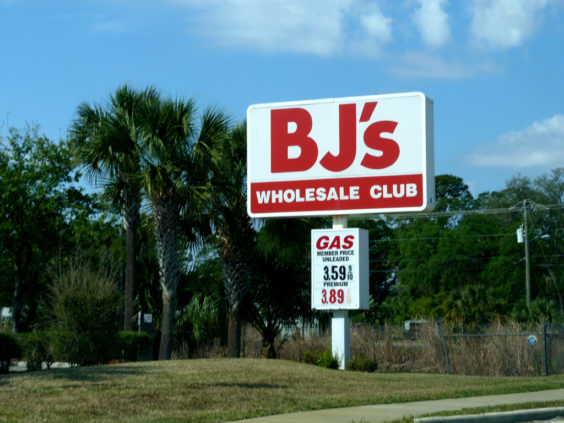
Here we go again – right on the heels of the well-publicized lawsuit against Walmart (read: “Couponer Sues Walmart For 21-Cent Overcharge”), another big-box retailer is facing a possible class-action suit for allegedly improperly charging tax on items that were bought using coupons.
And this time, the plaintiffs may have a good shot at winning. Then again, because of inconsistencies in the way the law is enforced, there’s an equally good chance they won’t.
In a lawsuit filed in Pennsylvania last Thursday, shoppers and coupon users John Myers and Cecelia Reihl claim that BJ’s Wholesale Club is illegally charging sales tax based on shoppers’ pre-coupon total purchase price, instead of on the reduced post-coupon total. “Pennsylvania law requires retailers to collect sales tax on the discounted price of an item after the application of a discount coupon or rebate, not on the item’s full price,” the lawsuit alleges.
Pennsylvania is one of five states (Connecticut, Massachusetts, Missouri and Texas are the others) that makes a distinction between manufacturer and store coupons, when it comes to collecting sales tax. Most states charge tax on the total before manufacturer coupons are applied, but after store coupons are applied. Pennsylvania and the others say tax should be calculated after all store and manufacturer coupons are applied.
But as Walmart well knows, since it once won a similar lawsuit, the Pennsylvania tax law has a lot of wiggle room. The state says the cash register receipt must “make a clear reference to the item and the coupon related to it” in order for the coupon’s value to be deducted from the taxable total. Walmart says its receipts don’t specify precisely what product a coupon was used on, therefore it’s within the law in charging sales tax on the entire pre-coupon total.
So does that mean BJ’s is in the clear, too? Not quite.
On two of Myers’ and Reihl’s receipts submitted as evidence, the coupons they used are merely labeled “scanned coupon”. BJ’s did not respond to a request for comment, but it may be able to mount a defense similar to Walmart’s, saying that since there’s no “clear reference” to what products the coupons were used on, it hasn’t broken any laws.
But a third receipt shows that the pair bought a Glade PlugIns Scented Oil refill pack – and there’s a clear reference to an “instant rebate” store coupon for “Glade Refills Plug Ins 5ct” that deducted $2 from the price. “Rebates and store or manufacturer’s coupons shall establish a new purchase price if both the item and the coupon are described on the invoice or cash register tape,” the state law reads.
That would appear to be a clear case of wrongdoing on BJ’s part. Whether the state is interested in doing anything about it, is another question altogether.
Last year, a spokesperson for the Pennsylvania Department of Revenue told the Pittsburgh Post-Gazette that “the regulation gives retailers the means to charge sales tax on the lower price,” but that the state “cannot legally require retailers to do it.”
So apparently complying with the tax law, and not charging sales tax on coupons, is voluntary.
Someone ought to sue!
Image source: Flickr/Rusty Clark










